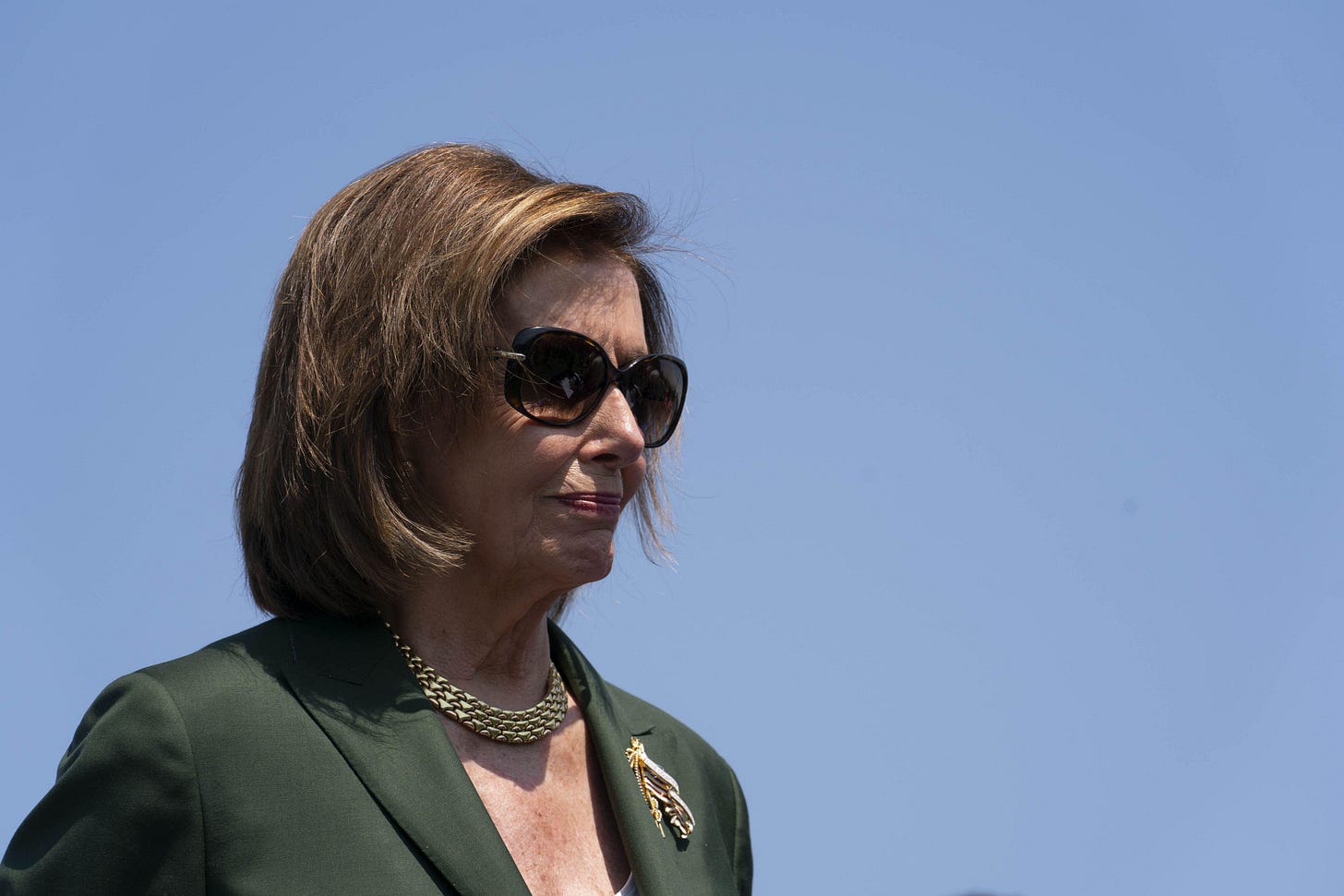On Wednesday, the feast of Sts. Peter and Paul, House Speaker Nancy Pelosi attended Mass in St. Peter’s Basilica in the Vatican. She greeted Pope Francis before the Mass and later received Holy Communion, despite being prohibited from doing so over her pro-abortion beliefs by her home archbishop.
The ev…

